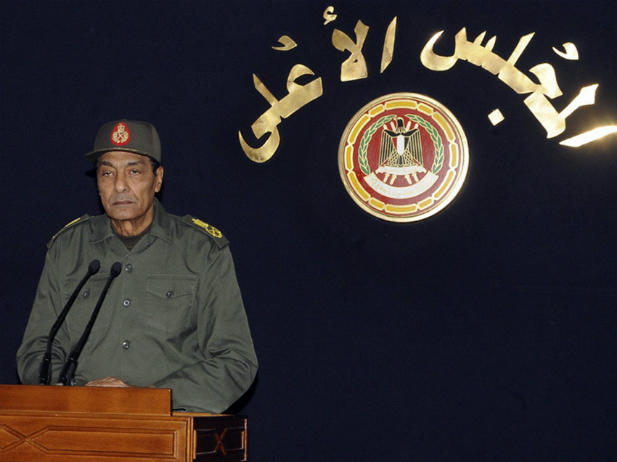The Attack on NGOs in Egypt
More on:

Eleven members of the United States Senate have written to Egypt’s head of government Field Marshal Tantawi to threaten a reduction of U.S. aid unless the NGOs raided on December 29 are permitted to reopen.
As I have written here previously, that’s the right stance for the United States to take. Three of the seventeen organizations raided were American and backed by U.S. Government funding: Freedom House, the International Republican Institute, and the National Democratic Institute. Written materials and computers were also seized, and despite various promises nothing has been returned.
We may not be able to stop the Egyptian military and security forces from such actions but we surely don’t have to pay for it. They should be told there is now a freeze on our military aid until this situation is rectified.
Why is this so important? The answer lies not only in Egypt, whose possible transition to democracy is the target of such raids. It happens that Freedom House, NDI, and IRI work in dozens of countries around the globe that are not free: Ukraine, Belarus, Russia, Burma, China, and Venezuela are examples. The rulers of those countries obviously do not appreciate the work they do to promote democracy, and the danger is that they will learn a lesson from Egypt. Today that lesson would be "we can throw these people out and seize their work materials with impunity. We’ll just get a few protests from the State Department. It’s an easy price to pay." We need them to know that the price will be high, in foreign aid if they get any and in relations with the United States overall. We need them to conclude "it just isn’t worth the pain." If Egypt can get away with this, others will inevitably try to follow.
That’s what those senators were trying to teach, and it is a lesson that the United States must instill. The work those NGOs do is central to our foreign policy and our position in the world, and we should not allow them to be harassed, intimidated, and ejected. Choosing between support for Field Marshal Tantawi and those American NGOs should be easy, and in any event they are canaries in the coal mine. The treatment they receive is an infallible signal of the sort of government that is in place, and should be a guide to our relations with the regime abusing them.
More on:
 Online Store
Online Store